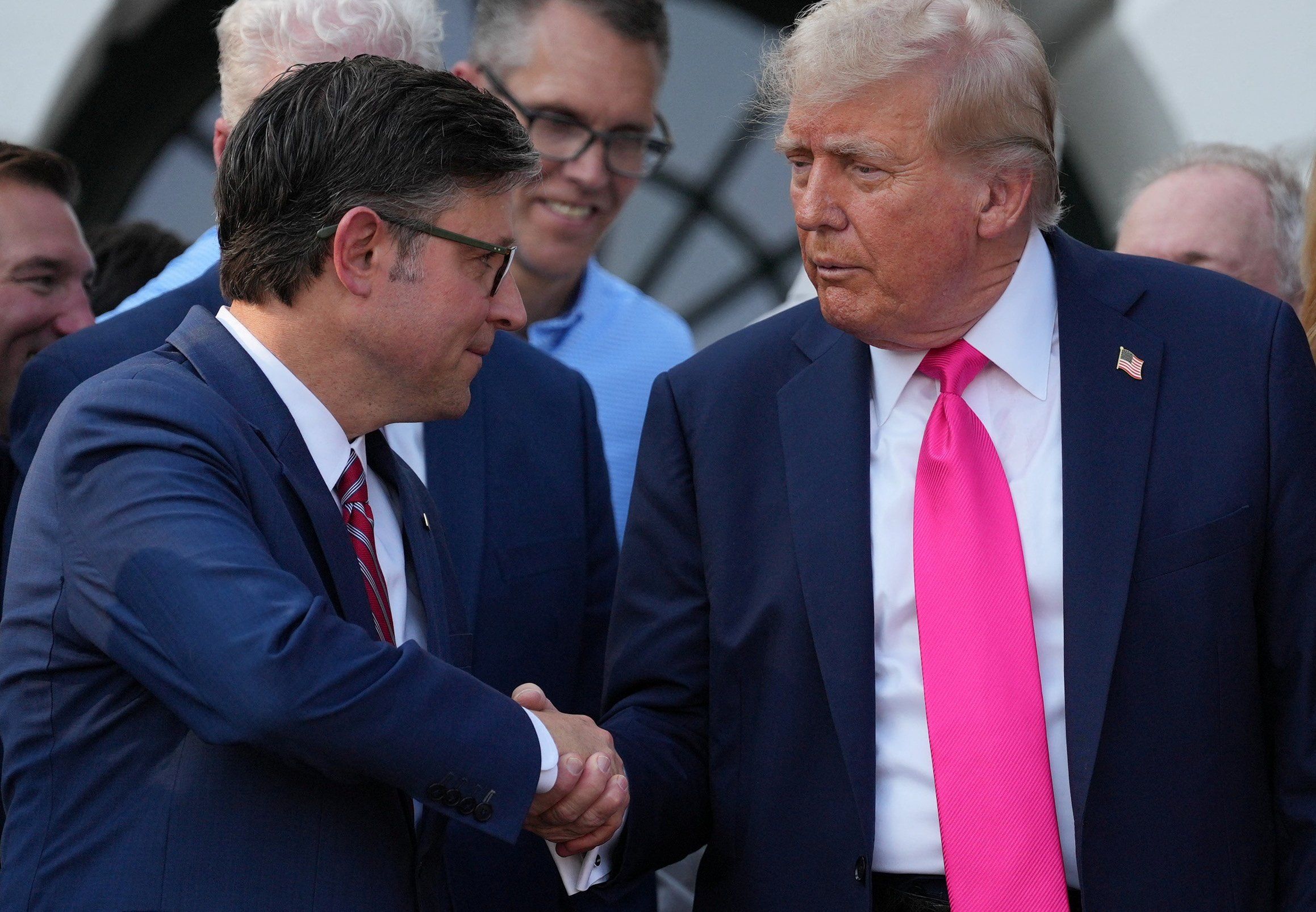Research reveals businesses will be hit with an increase of 9 percent or more on insurance costs in 2026, and they will push the burden of that cost onto employees and potentially spark retaliation at the polls, reports the Washington Post.
“Voters don’t want to see people losing their health insurance,” said analysts for Republican polling firm Fabrizio Ward.
“Health insurance costs in the United States are on track for their biggest jump in at least five years,” said the Post, “adding turbulence to an uncertain economy and boosting expenses for millions of Americans already beset by inflation."
READ MORE: Shooter’s father 'secured his son' after he 'confessed' to Kirk’s murder: report
But for the 24 million enrollees of Affordable Care Act insurance plans, the news is far worse. The end of enhanced federal subsidies for that program means that their costs are expected to rise by more than 75 percent next year, according to KFF, the nonpartisan health policy organization.
With inflation the top concern for many Americans, and far-reaching discontent with health care, The Post reports the spike in prices in both government-sponsored and private health insurance “could make the costs of coverage an issue in the 2026 midterm elections.”
A Gallup poll in December reported “Americans’ rating the quality of U.S. healthcare has fallen to the lowest reading in 24 years, and views of healthcare coverage nationally remain broadly negative.”
Now, even Republicans opposed to the government insurance program are fretting about the rapid rise in prices and the end of the Obamacare subsidies.
READ MORE: 'Massive Mafia-like blackmail operation': Why 'spooked' Trump is 'scrambling' over Epstein
The other new force behind the price hikes are the expectation of import tariffs, with some insurers already telling regulators that expected tariffs are raising insurance prices, according to the Post. A document from United Healthcare of New York states that the organization built a price impact of 3.6 percent into initial submitted rate filings to account for “uncertainty regarding tariffs and/or the onshoring of manufacturing and their impact on total medical costs, most notably on pharmaceuticals.”
A May letter to the U.S. Commerce Department from the American Hospital Association warned that the U.S. gets nearly 30 percent of its active pharmaceutical ingredients from China.
Read the Washington Post report at this link.
